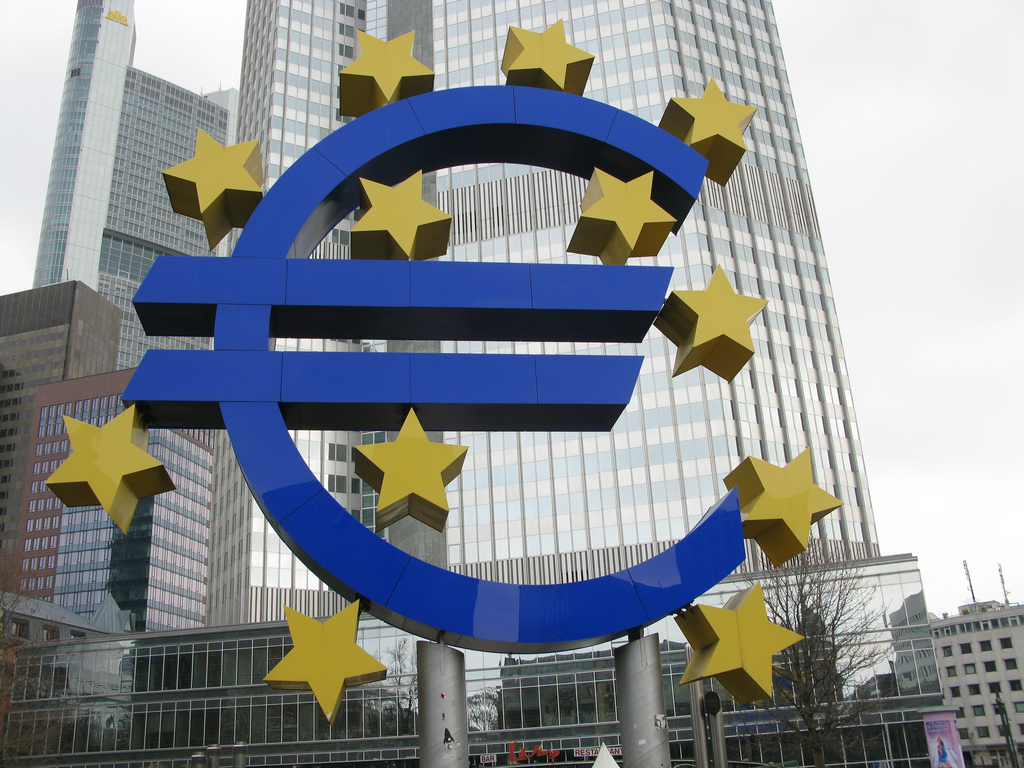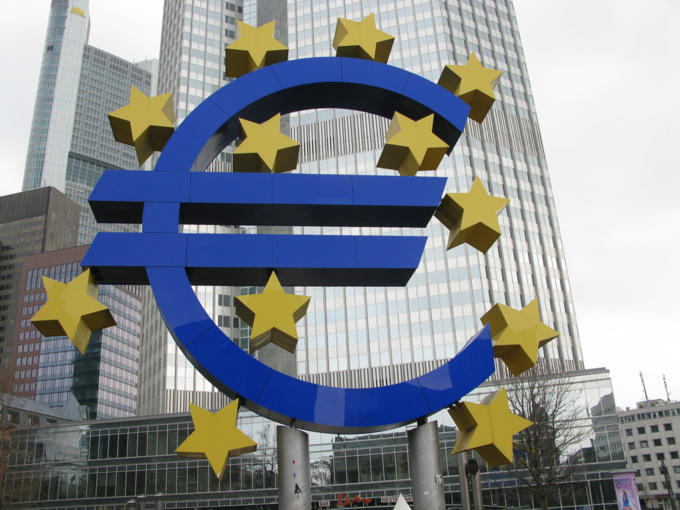"The main priority is the normalization of monetary policy and strengthening of the economic and monetary union," said Knot, who also heads the Central Bank of the Netherlands, presenting the bank's annual report in Amsterdam.
Knot warned that too much delay with the normalization of policy threatens to harm the economy.
"The current policy encourages excessive accumulation of debts, supports" zombie companies" and thereby undermines productivity growth," he stressed.
A member of the Board of Governors noted that the ECB's balance sheet could remain inflated for many years, given the intention to reinvest the proceeds from the redemption of bonds purchased under the quantitative easing (QE).
"It makes sense to look at the US, which, from the point of view of the monetary policy cycle, is about three to four years ahead of the ECB, and where the reinvestment period lasts about three to four years," Knot said. "In general, the winding up of these unconventional tools can easily continue for most of the decade."
The ECB will be making monthly acquisitions of assets of € 30 billion at least until the end of September 2018. Most economists expect that purchases will fall to zero in the fourth quarter, and interest rates will increase about six months after.
Representatives of the ECB made it clear that they were satisfied with investors' expectations regarding the termination of the purchase of bonds by the end of this year, although they still have to make a decision. The Governing Council is now considering how to change the wording of monetary policy statements to avoid the undesirable reaction of markets.
In mid-March, ECB President Mario Draghi said that the regulator will avoid unexpected changes for investors in their incentive plans. He stressed that inflation remains at a low level, and US trade policy and a stronger euro cause fears.
According to Eurostat, consumer prices in the euro area in February rose by 1.1% in annual terms. Inflation slowed to a minimum since the end of 2016 after a 1.3% rise in prices in January.
Nevertheless, Commerzbank AG economist Christoph Weil predicts that the growth rates of consumer prices in the euro area in summer will exceed 2%. The acceleration of inflation will occur primarily due to more expensive energy carriers, rather than the long-awaited jump in prices for goods and services. But it can still play into the hands of those members of the Board of Governors who are in favor of announcing an end to the purchase of assets.
source: bloomberg.com
Knot warned that too much delay with the normalization of policy threatens to harm the economy.
"The current policy encourages excessive accumulation of debts, supports" zombie companies" and thereby undermines productivity growth," he stressed.
A member of the Board of Governors noted that the ECB's balance sheet could remain inflated for many years, given the intention to reinvest the proceeds from the redemption of bonds purchased under the quantitative easing (QE).
"It makes sense to look at the US, which, from the point of view of the monetary policy cycle, is about three to four years ahead of the ECB, and where the reinvestment period lasts about three to four years," Knot said. "In general, the winding up of these unconventional tools can easily continue for most of the decade."
The ECB will be making monthly acquisitions of assets of € 30 billion at least until the end of September 2018. Most economists expect that purchases will fall to zero in the fourth quarter, and interest rates will increase about six months after.
Representatives of the ECB made it clear that they were satisfied with investors' expectations regarding the termination of the purchase of bonds by the end of this year, although they still have to make a decision. The Governing Council is now considering how to change the wording of monetary policy statements to avoid the undesirable reaction of markets.
In mid-March, ECB President Mario Draghi said that the regulator will avoid unexpected changes for investors in their incentive plans. He stressed that inflation remains at a low level, and US trade policy and a stronger euro cause fears.
According to Eurostat, consumer prices in the euro area in February rose by 1.1% in annual terms. Inflation slowed to a minimum since the end of 2016 after a 1.3% rise in prices in January.
Nevertheless, Commerzbank AG economist Christoph Weil predicts that the growth rates of consumer prices in the euro area in summer will exceed 2%. The acceleration of inflation will occur primarily due to more expensive energy carriers, rather than the long-awaited jump in prices for goods and services. But it can still play into the hands of those members of the Board of Governors who are in favor of announcing an end to the purchase of assets.
source: bloomberg.com



















